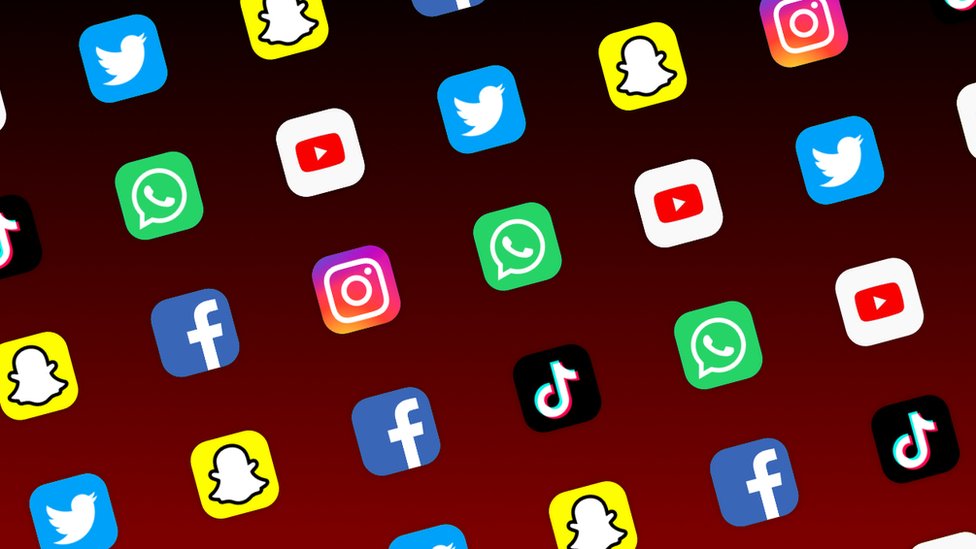Performance vs. Impact
I’ve been hung up on a thought recently that I can’t seem to shake and it has to do with the fact that the worlds of education and social media have become inextricably linked.
There are the innumerable education Facebook groups, EduTwitter, TeacherTok, and the never ending cascade of education personalities adorning instagram feeds around the world promoting blogs, podcasts, webcasts, conferences, professional developments, and on and on and on.
But I wonder – is there actual alignment between retweets and direct impact? Do page view metrics result in better schools for kids? Do followers create change for families? Are viral education sensations impactful tools for educational justice, or narcissistic performances?
For a while, I was caught up in the intoxication of social media affirmation. I wanted my writing to go viral, to get as many retweets and shares as possible, to get a coveted ‘like’ from those worthy of a blue check.
This, of course, is at the core of social media design. According to Dr. Nancy Deangelis, Director of Behavioral Health at Jefferson Health, “Social media platforms drive surges of dopamine to the brain to keep consumers coming back over and over again. The shares, likes and comments on these platforms trigger the brain’s reward center, resulting in a high similar to the one people feel when gambling or using drugs.” In short, we become addicted to the thrill of seeing our work, words, images, and names liked, retweeted, and shared. We crave it, and it is this craving that worries me.

I am worried that the education community is collectively confusing the dopamine high of social media affirmation for the real thrill and joy of making a direct positive impact in the lives of students and families. I am worried we are collectively conflating social media presence with tangible change. I am worried we are spending more time crafting the perfect post than crafting the perfect lesson. I am worried we are becoming a legion of narcissistic education performers, rather than a corps of education change agents.
I am not here to tell anybody how to live their lives, and I am thoroughly aware of the potential hypocrisy of writing a piece critiquing the impacts of social media that will be disseminated across various social media platforms.
But I am making a personal pledge to close the tabs on my laptop screen, save those that include my upcoming lesson. I am making a personal pledge to give my students more attention than my feeds. I am making a personal pledge to be a localized change agent rather than a social media darling.
I may get fewer retweets, but perhaps I’ll be making more of a difference.


Keep making a difference—your students need you!
A vital issue in our social media age precipitantly and well addressed by Zachary Wright in ardent support of students.